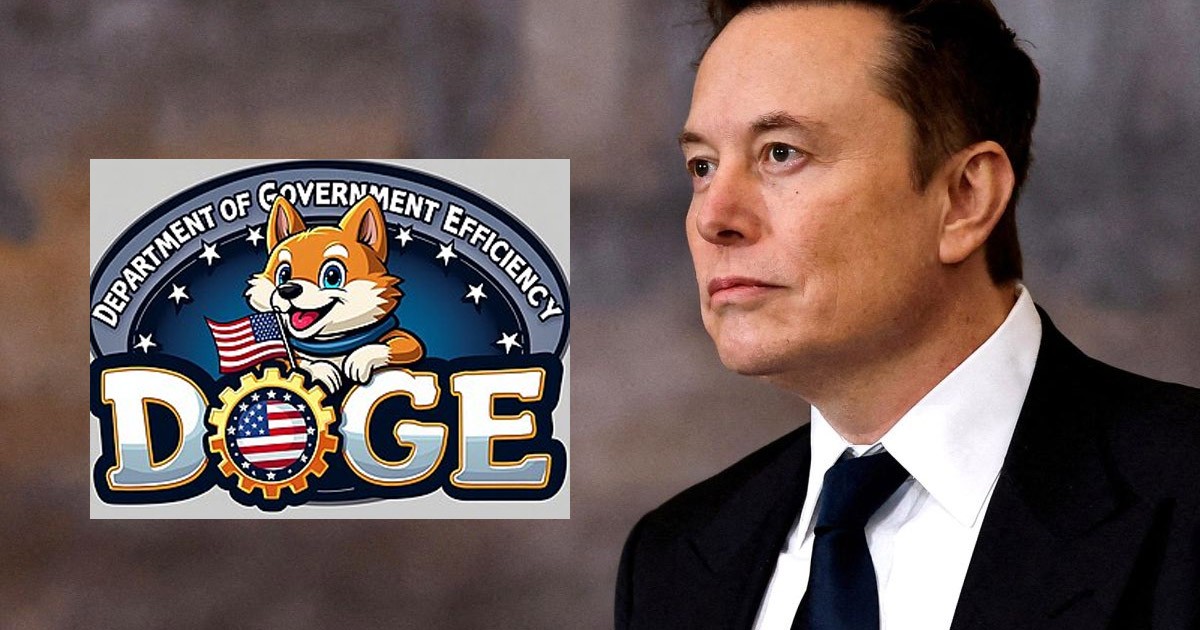
Elon Musk, the visionary CEO of Tesla and SpaceX, has recently made headlines with his claim that officials at the Department of Government Efficiency (DOGE) work a staggering 120 hours a week. This claim translates into either 17-hour workdays for seven days a week or an exhausting 24-hour workdays for five days, leaving no time for rest.
The statement has ignited a fierce debate on social media about the implications of such a demanding schedule. Critics are quick to point out the potential health risks, including burnout, heart disease, and stroke, that can arise from prolonged periods of work without adequate rest. They argue that such a grueling work ethic is unsustainable and could have dire consequences for employees' well-being.
Despite the criticism, Musk stands by his assertion, emphasizing that such dedication is necessary to cut through bureaucratic inefficiencies and achieve significant cost reductions. He believes that the intense work ethic is essential for driving progress and ensuring the success of ambitious projects.
This controversy brings to the forefront the ongoing tension between demanding work schedules and the importance of maintaining a healthy work-life balance. As the debate continues, many are calling for a more balanced approach that values both productivity and the well-being of employees.
